Building on the previous modules with similar content, you will practice further the components of character building, and rehearsing a dramatic scene: Analysing the character, the script, and the individual scenes, and transforming that insight into organic character and stage choices.
You will work with one play, and practice determining and personally identifying with the characters’ super-objectives, objectives in the play and the scene, obstacles, character problems etc.
In the character analysis and building process, you will undergo a variety of exercises to establish a web of psychophysical connections to the character, thus working towards a full embodiment of the character.
There is a high focus on understanding and investigating the characters’ roles in the dramatic and dramaturgical context, and on how this is implemented in interaction with other characters as an ensemble effort.
Courses 2nd Year
Text, Character & Object (Part 2)
Singing
Building on the 1st Year foundation, you will further develop your skills with choir singing, musicality, rhythms as well as improvised soundscaping and movement.
There will be a gradual introduction of new frames of movement, which build upon the fundamental Rudolf Laban methodology that was introduced in the 1st Year. Thus, you will explore a greater complexity in the physical work and its implementation in the vocal work.
Voice Training
The Voice training in the 2nd Year expands and builds on all the basic voice skills acquired in the 1st Year. You will continue to work on the basic skills: alignment, breath, embodiment, resonance and articulation, but in the 2nd Year you work increasingly with expanding and implementing your organic vocal qualities in a dramatic context, thereby bridging the voice class with your stage performances.
Dance
The Dance classes in the 2nd Year focus on Contemporary Technique. The aim of the module is to develop your work from the 1st Year, building a stronger technical base and body awareness, and to consolidate and expand your experience of the mindbody connection through dance. You will learn about various contemporary techniques, in particular Horton technique, and understand how to synthesise and assimilate the techniques you’ve learned in order to help you find your individual path as an expressive mover/dancer.
Movement
Building upon the 1st Year, you will develop your technique further, both practically and theoretically. You will work physically on the floor with the Movement Psychology System, incorporating a variety of choreographed movements to explore and understand the System.
In particular, the focus lies on connecting in practice all physical expressivity to the fundamental components of the Laban/Malmgren System: Motion Factors, Mental Factors and Inner Participations.
Applied Theatre History
While your fellow students present their research in class, the role of the 2nd Year students is to facilitate subsequent discussion about the era-specific theatrical, historical, philosophical and anthropological developments, about how they are expressed in the drama (and other art forms) of each era, how they compare with and influence contemporary culture, society, art and acting methodology, and about what it means to us as actors, artists, and human beings today.
Further you will prepare and perform in class dramatic scenes from all periods, and discuss and analyse this practical work.
Rhetoric
In this module, you will explore the classic (Aristotelian) rhetorical principles, and rhetorical structure, means and tools. You will apply them to, firstly, self-written speeches which are rehearsed and performed, and secondly, to your analysing, rehearsing and performing of scenes by arguably the greatest playwright of them all: Shakespeare.
Screen Acting Technique
Building on the similarly titled module in the 1st Year, the focus of this 2nd Year course lies on the shaping and strengthening of your technique of acting with an open presence and in an authentic quality of being.
The goal is for you to be become independent in terms of organically and freely embodying the Screen Acting Technique, knowing how to adapt your expression to the specific medium, and subsequently assessing your own work and adapting it for the next take.
Film acting
During the classes you will have the chance to incorporate the different acting classes into the filmed medium.
Using improvisations, creative writing, movement, and Character Object Exercises, and a variety of Movement Psychology tools, you will engage with characters on an in-depth level, exploring both the inner world and tangible realities.
Once characters are articulated, the discoveries are explored on camera, introducing you to ways of creating alive and free-flowing performances in front of the camera.
Practical Dramaturgy
In both theory and practice you will be provided with a fundamental toolkit for identifying and utilizing the dramaturgical elements encased within a written play.
This will enable you to read dramatic works in an effective and competent manner, extracting all essential information from the text and identifying the varying purposes for which it can be utilized in your own daily work.
Absurd Theatre Project
Through the work on a fully staged Absurdist piece you will be introduced to both Absurdist work and ideas as well as the practical application of narrative and dramaturgy in the absurd theatre genre.
This will strengthen your understanding of how to affect the audience through metaphors, symbols and semiotics as well as the effect of deconstructed language as a tool to unlock the concept of a play.
2nd Year Theatre Production
After various in-house showings the Year culminates in a public full-scale production.
Here you have the chance the employ all the skills learned throughout the 1st and 2nd Year. Not only as an actor in rehearsals and performance, but also in the production of the play: conceptualization, dramaturgy, sound/light/stage and costume design, PR strategy, budget control.
All with the help and guidance of the convener/director.
